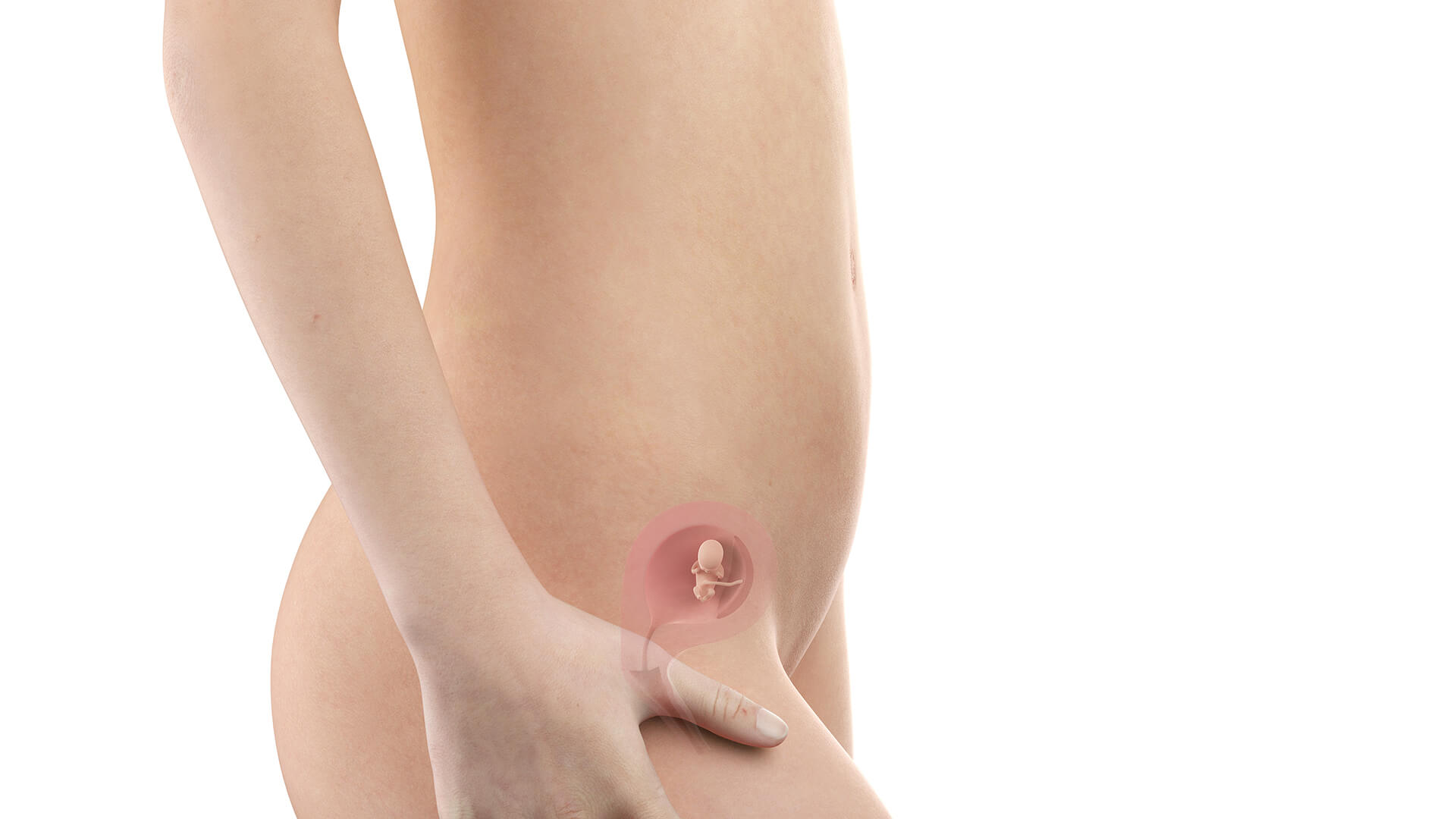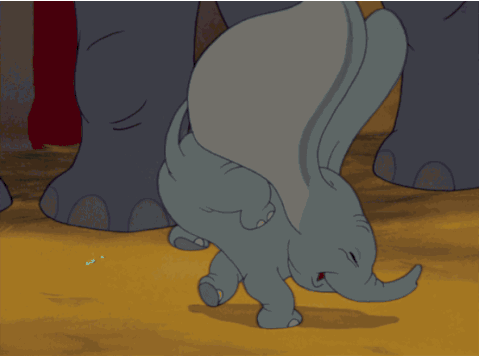Your baby measures 1.2 in (3.1 cm) from crown to rump and weighs 0.14 oz (4.0 g).
Pregnancy Facts - Week 10
Do you remember back when you were 9 years old, and how big of a deal it was to turn 10? Double digit age - that's a big milestone. That's your pregnancy this week and it too is a really big deal. The little embryo in your uterus has worked hard the last 9 weeks — a lot of late nights and overtime, really around the clock non-stop. Upper management has heard good things and likes the cut of your baby's jib. That's why this week, your baby is being promoted from "embryo" to "fetus" status!
Your baby will get an inside office with the new title. You might even call it - a womb with no view. Cue laugh track.
Your baby's development in week 10 of pregnancy
The outside part of your baby's ear is beginning to look more like an ear. The inner ear is also forming and looks more like... the inside of an ear. It will still be another several weeks, at around week 16, before your baby can hear your voice.
The ears aren't the only thing on your baby's head developing. This week, your baby's facial features are starting to take shape. Mom's nose, father's eyes, these and other facial traits that were decided at the time of conception are becoming more prominent and recognizable.
Inside your baby's head, there's development going on too. The brain has connected itself to the spinal cord and has started transmitting signals throughout the body.
How big is your baby in week 10 of pregnancy
This week, your baby is 1.2 inches (3.1 centimeters) in length and 0.14 ounces (4.0 grams) in weight.
What's happening in week 10 of pregnancy
You may be starting to show at this week, with the possibility being more likely if you have already been through one pregnancy. While that baby bump may be a badge of honor to you, pushing out your gut does not count.
Progesterone is a hormone that is secreted early in the pregnancy from the corpus lutem, a cyst that sits on the ovary. In the early weeks of pregnancy, it helped thicken to wall of the uterus for the arrival of the baby. The placenta takes over the job of producing progesterone at this stage of the pregnancy.








